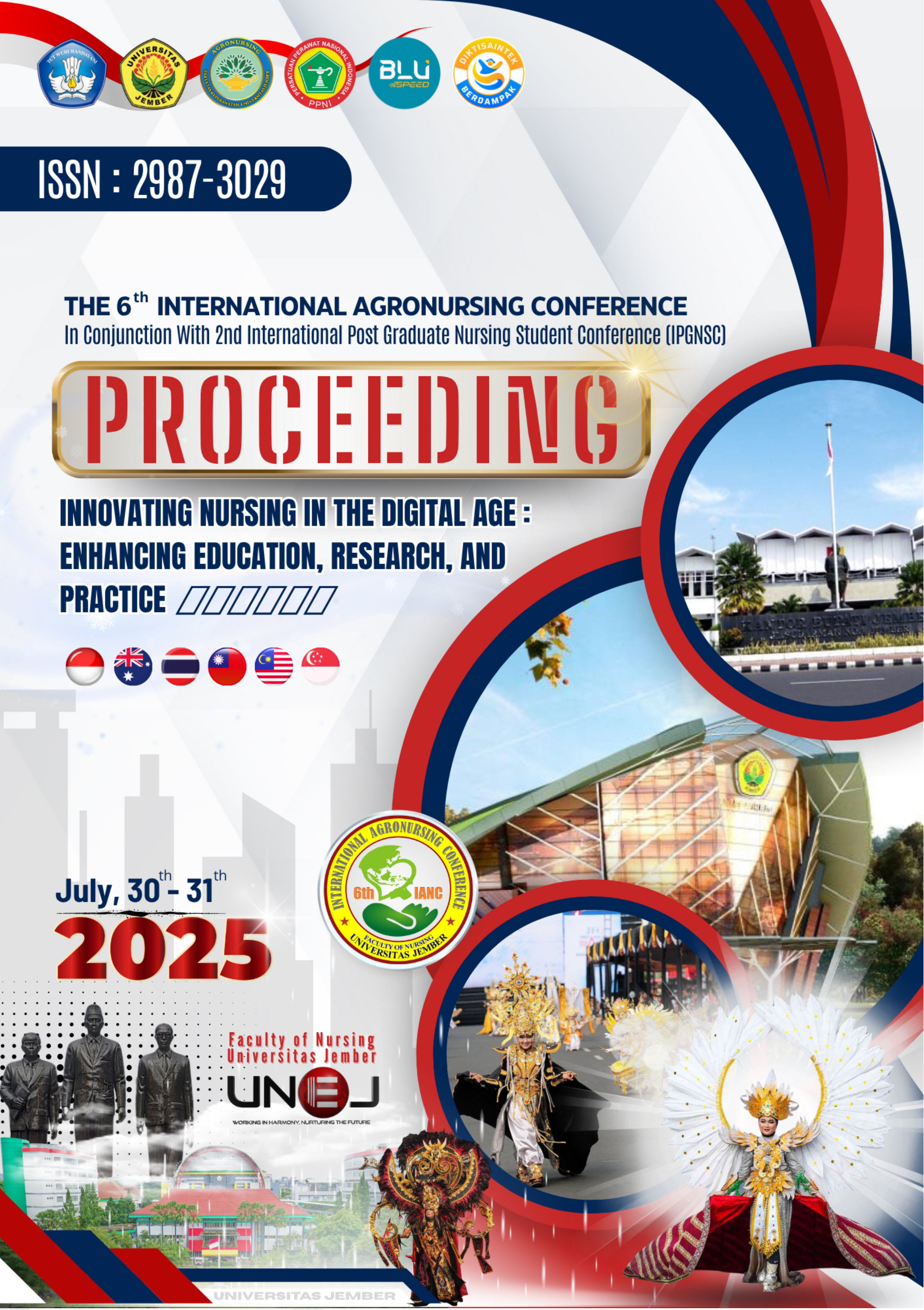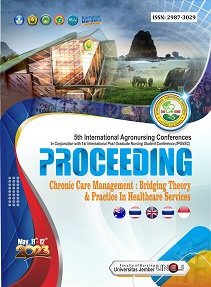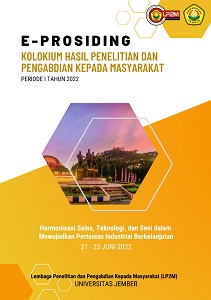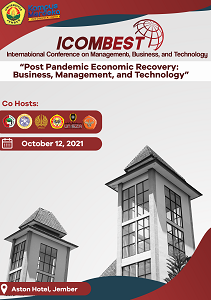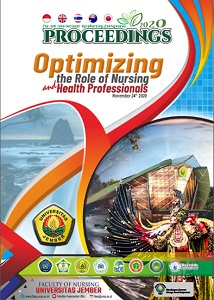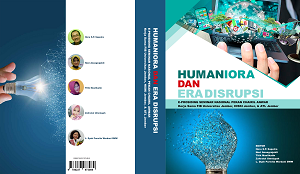Nursing Interventions in Enhancing Early Mobilization of Postoperative Patients: A Scoping Review
Abstract
Background: Nursing interventions in promoting early postoperative mobilization play a crucial role in accelerating recovery, reducing the risk of complications, and improving patients’ quality of life. However, their effectiveness is highly dependent on patient readiness, psychosocial support, and the active involvement of nursing staff in education and guidance. This scoping review aims to analyze the effectiveness of nursing interventions in enhancing early postoperative mobilization, with a focus on their impact, safety, and implementation challenges across various healthcare settings. Methods: A systematic search was conducted using ScienceDirect, ProQuest, and BMC databases for articles published between January 2019 and December 2024. Of the 1,092 identified articles, 62 underwent full-text screening, and 15 met the final inclusion criteria based on the Joanna Briggs Institute (JBI) critical appraisal tool. The reviewed studies involved postoperative patients across different healthcare services and evaluated the impact of nursing interventions on physical recovery, psychological well-being, and adherence to early mobilization protocols. Results: Nursing interventions significantly improve patient adherence to early mobilization, accelerate recovery, and reduce postoperative complications. Preoperative education, psychosocial support, and nursing-led pain management contribute substantially to enhancing patient readiness for early ambulation. However, several implementation barriers persist, including nursing staff shortages, high workloads, and the lack of standardized mobilization protocols in many clinical settings. Furthermore, the long-term effects of early mobilization—especially among elderly patients and those with comorbidities—remain underexplored and require further investigation. Conclusion: Nursing interventions are effective in facilitating early mobilization and reducing the risk of postoperative complications. A more holistic, patient-centered approach is needed, involving comprehensive preoperative education, optimized postoperative monitoring, and supportive institutional policies for mobilization programs. Further research is recommended to investigate long-term outcomes and to develop adaptive nursing strategies tailored to the specific needs of vulnerable patient populations.

